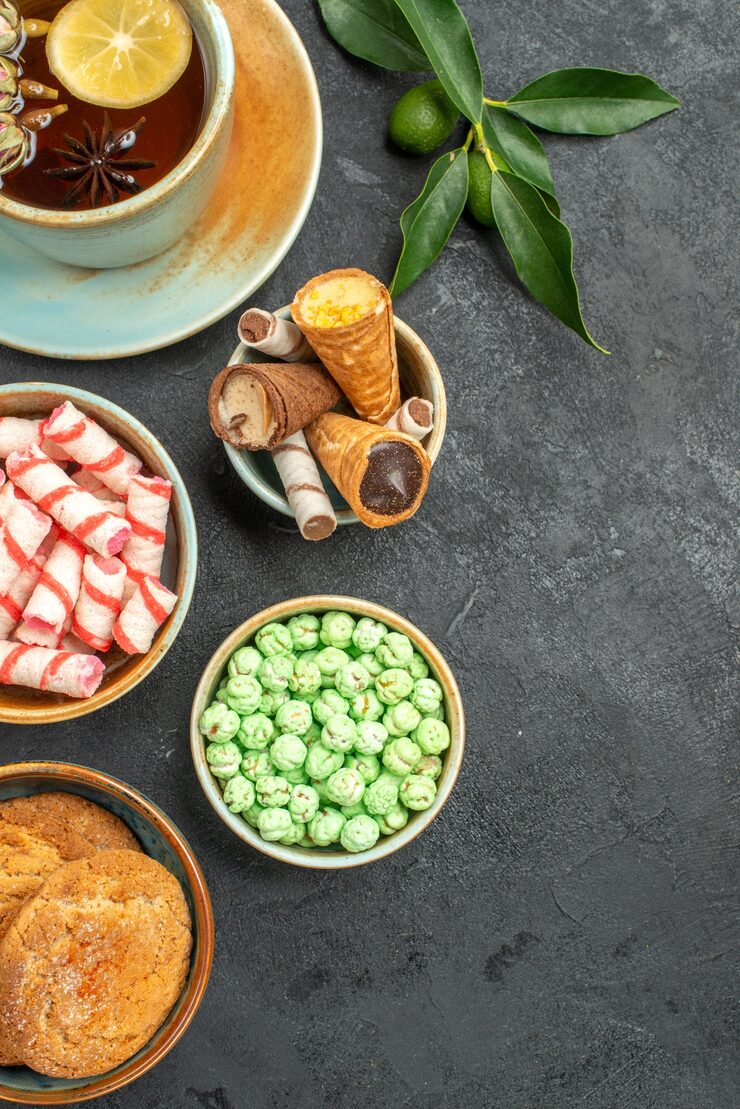You’ve probably heard the diet rule “stop before you’re full” more times than you can count. Still, always finishing a meal feeling unsatisfied can be frustrating. Wouldn’t it be nice to sometimes eat until you’re full—without feeling guilty?
That’s the idea behind so-called “zero-calorie” or “negative-calorie” foods. These items have very few calories, and the energy your body uses to chew and digest them can roughly balance out the calories they provide. Nearly all natural foods contain calories (only some engineered sugar substitutes are truly calorie-free), but some are so low in calories and so high in water and fiber that they leave you feeling full with very little energy intake. That said, no single food will make you lose weight on its own.

Still, these low-calorie foods come with real benefits. Most are fruits and vegetables, which are high in fiber and nutrient-dense—meaning they give you lots of vitamins and minerals for relatively few calories. Because they’re bulky and filling, they can help you eat less overall while staying satisfied.
If you’re trying to lose weight, try simple swaps: add more vegetables to your main dishes, snack on fruit, pile fresh veggies on sandwiches, or have fruit instead of dessert. This won’t “trick” your body into losing weight, but it can help you feel full on fewer calories while providing important nutrients. Examples of low-calorie foods include:
– Celery: About 74% water, with the rest mainly fiber. A 100-gram serving has roughly 15 calories and supplies vitamin A, K, C, and antioxidants. Try celery sticks with a pinch of salt or a low-fat dip.
– Cucumber: Around 15 calories per 100 grams and 94% water, so it’s very hydrating—great for hot days. It also contains fisetin, a compound with anti-inflammatory properties that supports brain health. Use it in salads, chilled soups, or smoothies.
– Mushrooms: Very low in calories—about 15 calories per 100 grams—and add great flavor to pizzas, stir-fries, or soups. They provide vitamin D, which helps with calcium absorption, and B vitamins that support mood and steady energy.
– Cabbage: Roughly 25 calories per 100 grams. Whether in soup or a stir-fry, cabbage brings volume plus vitamins, folate, manganese, and compounds linked to cancer-fighting properties.
– Zucchini: About 17 calories per 100 grams and a great low-calorie pasta substitute. It contains nutrients like omega-3s, niacin, zinc, and other vitamins and minerals.
A low-calorie diet usually means eating between 800 and 1,500 calories a day. Very low-calorie plans are often combined with other weight-loss methods like exercise or intermittent fasting. The basic idea behind losing weight is simple: take in fewer calories than you burn. As a rough guide, an average woman needs about 2,000 calories a day and an average man about 2,500 to maintain weight. Eating fewer calories than that leads to weight loss.
When done carefully, low-calorie diets can help people lose a lot of weight and improve health. A well-planned low-calorie diet still focuses on nutrients—whole grains, fiber, fruits and vegetables, and lean protein—so your body gets what it needs. These nutrients help you sleep better, keep your energy up, and support a healthy immune system.
Most people trying to lose weight avoid foods high in simple carbs or sugar because they add calories quickly and raise blood sugar. Keeping blood sugar in a healthy range lowers the risk of heart disease and diabetes.
There are plenty of tasty low-calorie options, mostly fruits and vegetables, that benefit your health. But lower calories don’t automatically mean a food is better. Your body needs enough calories each day to function and feel good. Choose foods for their nutritional value—not just their calorie count—and balance low-calorie fruits and vegetables with adequate protein and healthy fats to stay healthy.
Written by Edibel Quintero, Medical Doctor at the University of Zulia, Venezuela